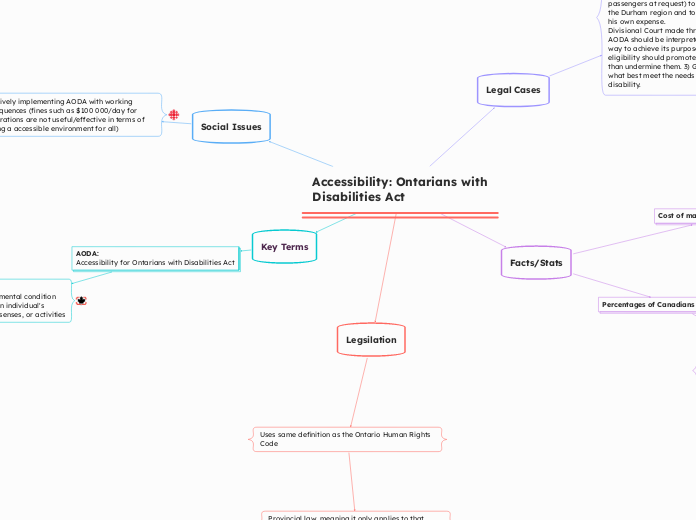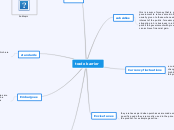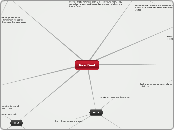Accessibility: Ontarians with Disabilities Act
Key Terms
AODA:
Accessibility for Ontarians with Disabilities Act
Disability:
Physical or mental condition
that limits an individual's
movement, senses, or activities
Guide Dog:
Highly trained working dog trained under the Blinds Persons Rights Act to ensure mobility, safety, and an increased independence for people that are blind
Service Animal:
Animal that is used for relation to the person's disability or a not from a nurse confirming that the person is required to have that animal for reasons relating to the disability
Support Person:
Another person who accompanies person with disabilities
Accessibility Standards:
Laws that government, business, non-profits,
public sector organizations to be more
acessible
Information and communications standard:
Organizations make their information accessible to people with disabilities
Transportation standard:
Makes it easier for everyone to travel in the province
Customer Service Standard:
Limits barriers for people with disabilities
so they can access goods, services, or facilities
Employment standard:
Hiring and support practices more accessible
Social Issues
Effectively implementing AODA with working consequences (fines such as $100 000/day for corporations are not useful/effective in terms of making a accessible environment for all)
Not enough progress is being made for AODA to be implemented properly
As accessibility is tough to implement everywhere for everyone, there is a possibility that more disabled people will go through M.A.I.D. because needs are not met
Legal Cases
Hejka v. The Regional Municipality of Durham, 2022 ONSC 2233:
Hejka is a person with disabilities, and was changed from unconditional (not limited) door to door service on paratransit services (taxi or small bus taking a more defined route to take passengers at request) to conditional services as the Durham region and to use a support person at his own expense.
Divisional Court made three important findings. 1) AODA should be interpreted in a large, fair, liberal way to achieve its purpose. 2) Decisions about eligibility should promote independence rather than undermine them. 3) Governing consideration is what best meet the needs of the person with a disability.
ODA Alliance Chair David Lepofsky’s Court Case Against the Ford Government’s Disability Discrimination in Online Health Card Renewal Process February 2022:
When renewing for a healthcare, it states that you need a driver's license, however some people cannot renew their license online due to their disability
Facts/Stats
Percentages of Canadians with Disibilities
Percentage of Canadians with a disability by age group:
2022 2017
Total 15/15+ 27% 22.3%
15-24 20.1% 13.1%
25-64 24.1% 20%
65+ 40.4% 37.8%
Mental Health related disabilities increased by 6 percentage points from 2017 to 2022
The goal of AODA (passed in 2005) was to create an accessible Ontario by 2025 through preventing barriers and challenges
24% of Ontario's population have some sort of disability, and over 400 000 of those people live in Toronto, which is a problem as it will require a lot of medical care in the area and as a person ages, the more likely they are to get a disability, which raises the question of what to do to prevent people from getting a disibilty.
Cost of making everything accessible
Making renovations to make building acessible, such as houses, is costly and in times restricts a person's right to live in a affordable house in addition to renovations
Fines are given to organizations who fail to comply with AODA
Legsilation
Uses same definition as the Ontario Human Rights Code
Provincial law, meaning it only applies to that province









